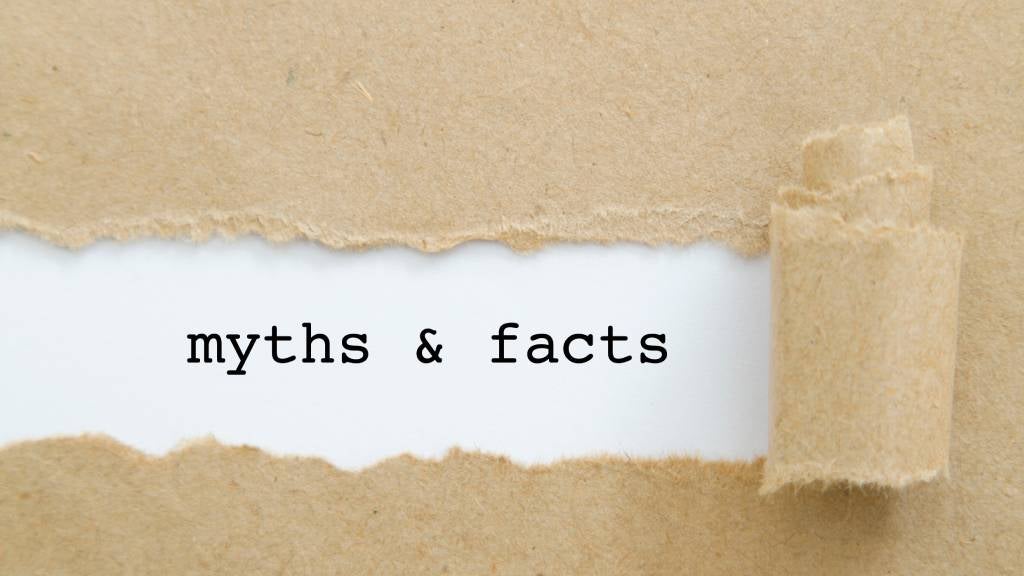Funeral insurance myths laid to rest

In some ways, funeral insurance is like the Loch Ness monster – there are endless myths surrounding it. Don’t let the myths surrounding funeral insurance put you off from taking a moment to really understand what it is, how it could benefit you, and how easy it is to actually get your hands on.
The importance of funeral insurance
First, the basics. Funeral insurance is a type of financial cover. Essentially, if you were to pass away, your family (or other designated person) will receive a lump sum payment that can help to pay for funeral costs or other end-of-life expenses.
Generally speaking, you get to choose how much that lump sum payment is worth (to a certain limit) and to pay for it, you’ll be charged a fortnightly, monthly or annual fee depending on your provider and your preferences.
That’s the gist of how funeral insurance works. Now onto the myths!
Myth 1: Funeral insurance is only for seniors
Although seniors may have a higher likelihood of passing away due to old age and its related complications, compared to other age groups among Kiwis, passing away is something each of us will encounter at some point and may even occur unexpectantly due to an accident or illness. Funeral insurance usually covers death due to any cause and may even include additional benefit amounts if death is due to an accident.
It’s not a nice thing to think about, but it is a practical one, especially if you have a partner or kids relying on you. Think of it this way – if you were to pass away tomorrow, who would be paying for your funeral expenses, and how would they manage with a large, unexpected bill?
Myth 2: Funeral Insurance is expensive and unaffordable
Funeral insurance benefit amounts can be tailored to suit your needs and your budget. For example, the OneChoice Funeral Insurance benefit ranges anywhere from $3,000 to $30,000. The premium is affected by the benefit amount you choose (as well as other factors such as age). If you want the maximum payout amount available to be what your family receives in the event of your death, you'll probably face higher premiums. However, selecting a smaller lump sum could incur lower premium costs – every family is different, so figure out what costs your loved ones might need to cover and decide on what works best for you.
Myth 3: Funeral insurance only covers funerals
When we talk about your family receiving a lump sum payment, that’s exactly what they’ll get. What they do with it is up to them.
They don’t need to provide invoices from the funeral home or receipts from the florist – they don’t even need to tell the insurance provider anything at all about how they intend to spend the money.
That’s because that lump sum payment can go to anything they need during that difficult time. Yes, it can cover your funeral. It can also pay for other end-of-life expenses such as medical costs. It can cover expenses for a tangihanga, such as marae rental, food costs, or koha for friends and whanau.
Or it can help to pay for household bills, mortgage repayments, school fees, or an overseas trip. Basically, once that money is in their account, it’s no different to any other money.
Myth 4: You don't need funeral insurance if you have savings
Having savings in the bank is a solid achievement these days, with a 2022 study showing that 55% of New Zealanders struggled with their financial situation, an increase of 38% from the previous year. While your savings could absolutely be used to pay towards or for your funeral, keep in mind that typical funeral expenses can be as much as $10,000.
If you’d prefer your savings go elsewhere, funeral insurance can make sure there are funds to cover the funeral instead of those costs coming out of your savings.
Myth 5: Getting funeral insurance is a complicated process
Taking out funeral insurance doesn’t have to be a long or complicated process. Depending on your provider, getting funeral insurance can be as simple as a quick phone call to discuss your needs, deciding on the right benefit amount for you and organising when you’d like your payments to begin. Another bonus is that you usually won’t need any medical or blood tests to be approved.
Protect yourself and your family financially by having funeral insurance in place. The first step is requesting a quote for funeral insurance – this can help give you peace of mind if something goes wrong.
13 Mar 2024